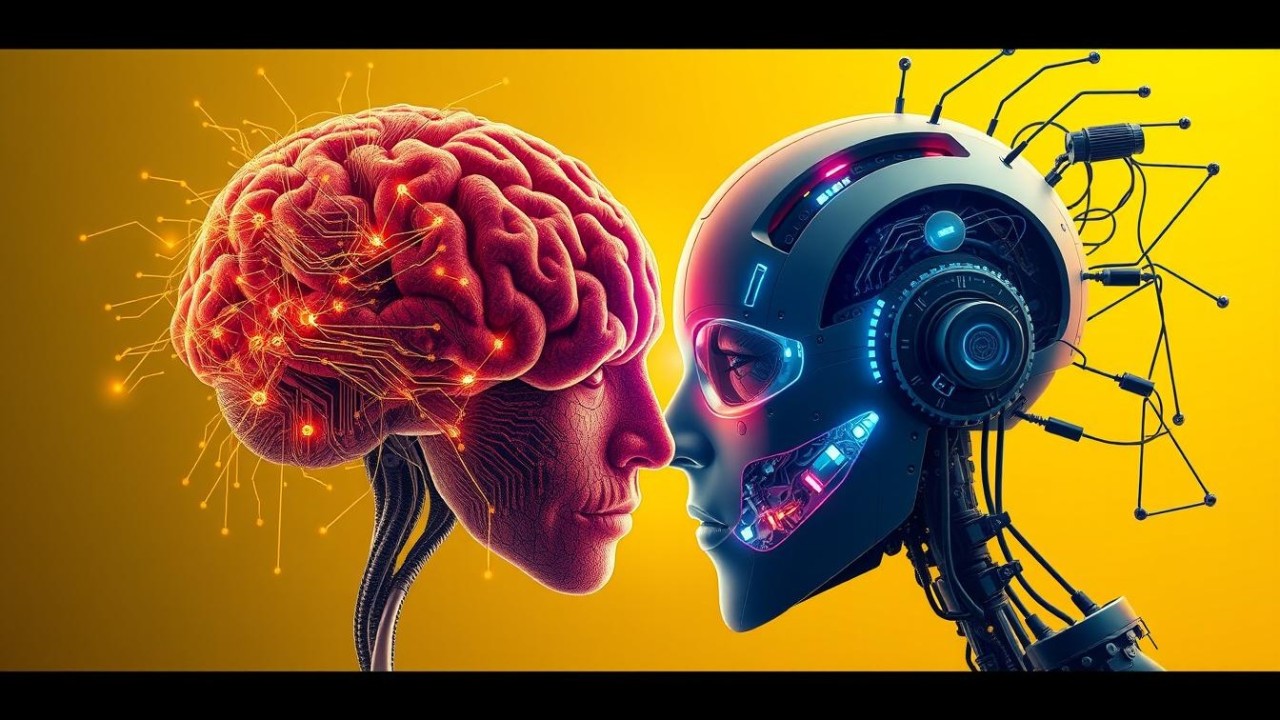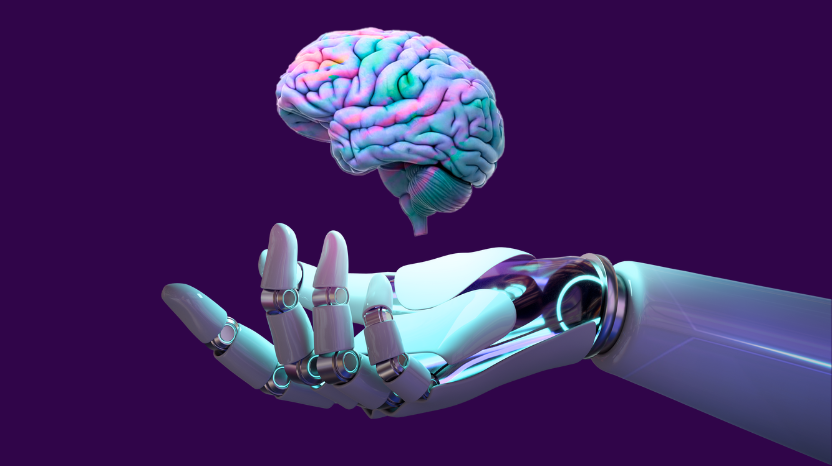Recent trending discussions about AI versus the human mind center around the imminent arrival of artificial general intelligence (AGI) and the profound fusion of AI with human cognition, a concept popularized by futurist Ray Kurzweil. Kurzweil predicts that by around 2029, AI will reach and surpass human-level intelligence, marking a pivotal moment where the boundaries between technology and human minds blur significantly.
This anticipated milestone, often referred to as the technological singularity, envisions a future where humans and AI merge to form enhanced beings with vastly amplified intellectual capacities. Kurzweil foresees that by 2045, this integration will boost human intelligence by a millionfold through brain-computer interfaces and nanobots operating within the body, effectively combining biological and cybernetic intelligence into a unified consciousness.

The debate distinguishes between “weak AI,” which excels at specific tasks like language processing or driving, and “strong AI” or AGI, which possesses human-like creativity and problem-solving abilities beyond preprogrammed functions. While weak AI has already surpassed humans in many domains, the emergence of AGI remains a contentious and distant prospect for some experts, who caution against overestimating the ease with which machine consciousness might arise.
Kurzweil’s vision extends beyond mere intelligence enhancement to include radical life extension and even immortality. He predicts that by 2030, AI-driven medical technologies, including nanobots, will enable humans to overcome aging and disease, achieving what he terms “longevity escape velocity,” where life expectancy increases faster than aging progresses. This convergence of AI and biotechnology could fundamentally redefine human existence, allowing minds to be augmented or even uploaded digitally, thus transcending biological limitations.
However, this transformative future raises significant philosophical, ethical, and societal questions. Critics highlight that passing the Turing test or achieving superior computational power does not equate to genuine consciousness or human-like thought, which involve complex, non-binary processes and emotional nuance. Moreover, the rapid advancement of AI poses challenges in governance, safety, and preparedness for a turning point in human history that could disrupt social, economic, and political structures.
In summary,
the trending discourse on AI versus the human mind revolves around the approaching singularity where AI attains and merges with human intelligence, potentially leading to unprecedented cognitive enhancement and immortality within the next two decades. While the technological trajectory appears exponential and promising, it is accompanied by profound uncertainties about the nature of mind, consciousness, and the ethical stewardship of such powerful technologies.

